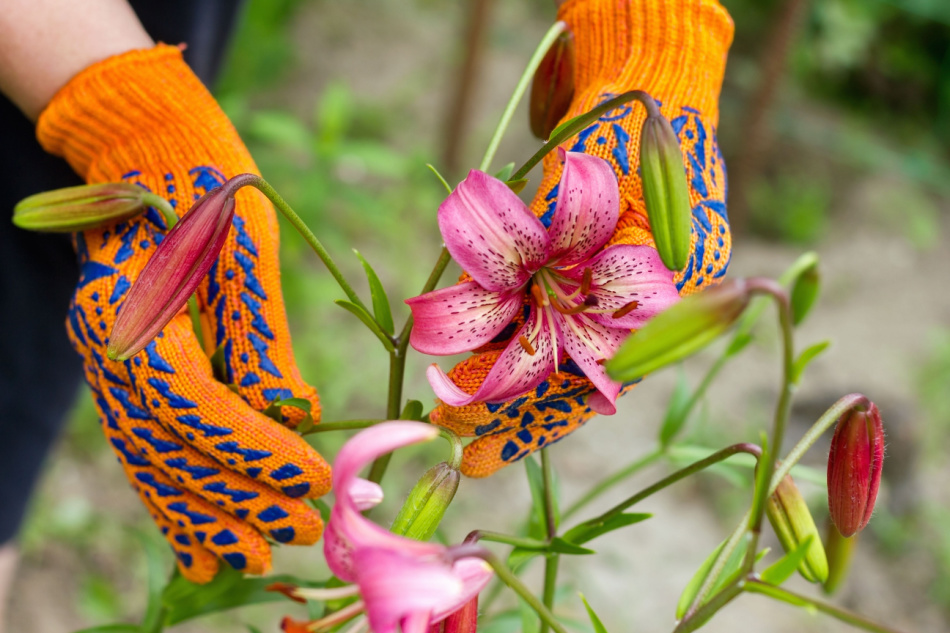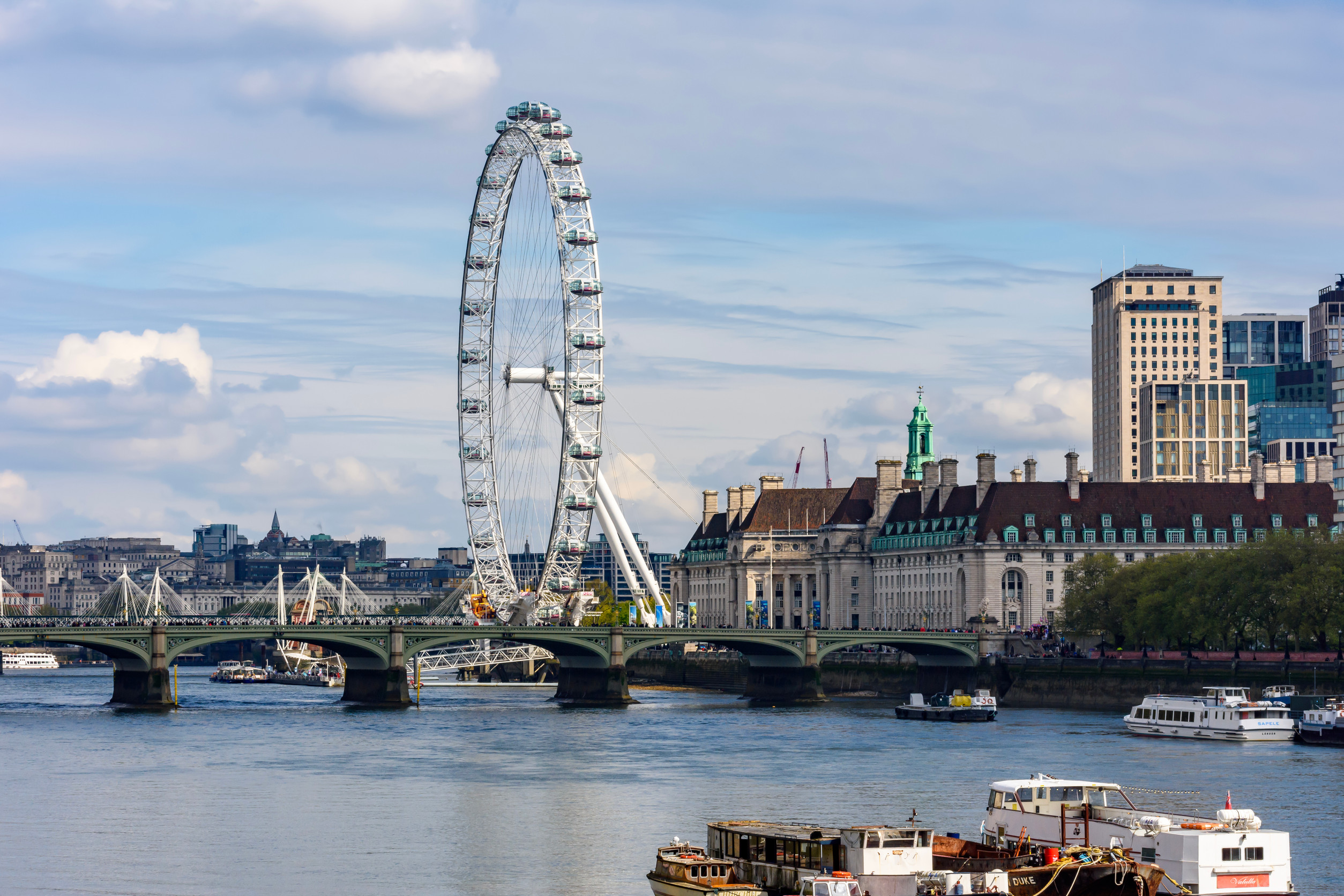As many schools close to slow the spread of coronavirus, kids will naturally have questions about the disease and its implications. It’s important to be honest and keep your children informed, but not cause panic or fear. So how do you best talk about a pandemic with your children? This week we share strategies from holistic child psychologist Nicole Beurkens, Ph.D., CNS for discussing COVID-19 with kids.
If your child asks you about coronavirus, as they likely will as we practice social distancing, it is a great way to introduce the subject. The best strategy is to respond to their questions, share the facts, but not to go overboard with information. Look for trusted sources like the Centers for Disease Control and Prevention (CDC) and the World Health Organization (WHO) for concrete information you can give your child.
If your child has not brought it up, chances are they are still aware that something out of the ordinary is happening. Ask if they have heard of the disease and assess their knowledge. If they are old enough, they have probably heard some level of misinformation from friends or media sources; it’s important to bring the subject up with them and be honest without being alarmist.
The reality of COVID-19 is that many adults are experiencing feelings of fear. Children will pick up on these. So how can you calm these fearful emotions? Giving children coping mechanisms that allow them to feel in control of their situation is very helpful for mitigating fear. Teaching them responsible health practices such as diligent hand washing, healthy eating, and regular sleep will give children a sense of autonomy over the situation and help keep them healthy.
Stress is ironically one of the biggest immune system suppressors. Having honest discussions with your children about coronavirus and its impacts on your family and community will help quell feelings of panic in both you and your kids. Remember, children look to their parents and elders as role models. So stay calm, practice responsible habits, and serve as an example of how to face the situation intelligently and calmly.











